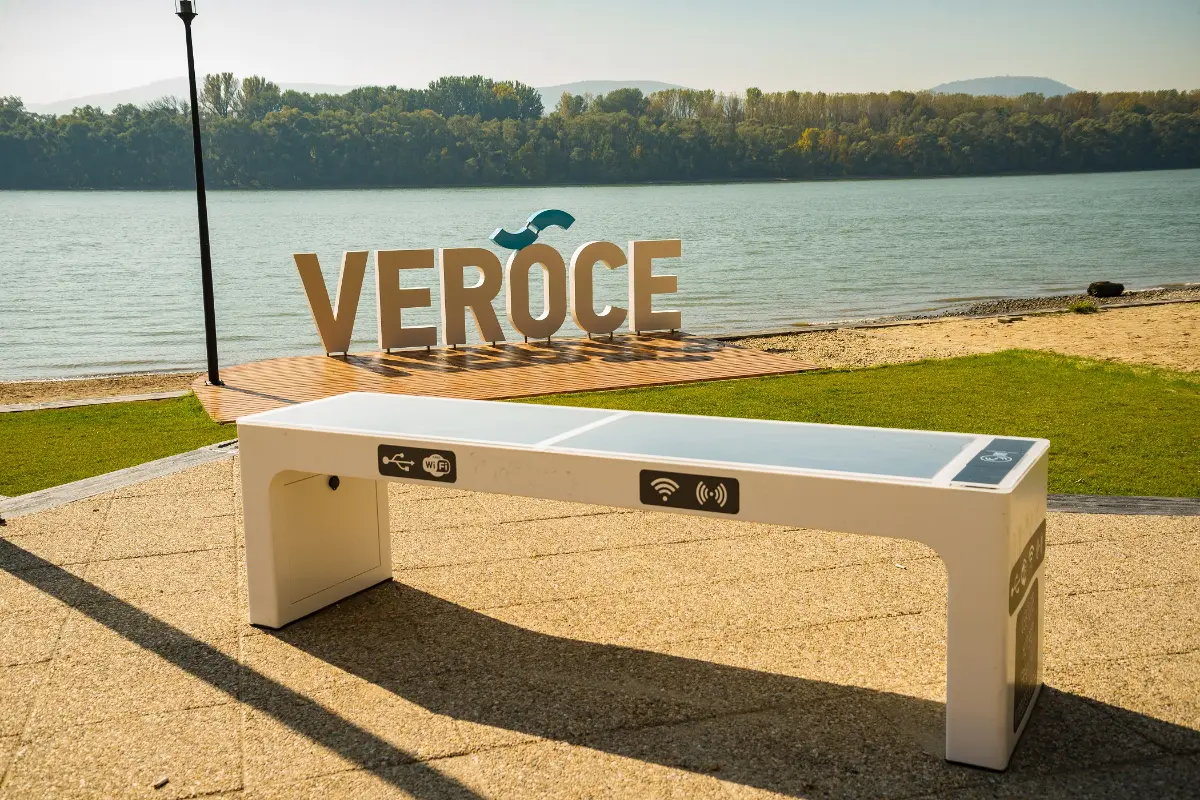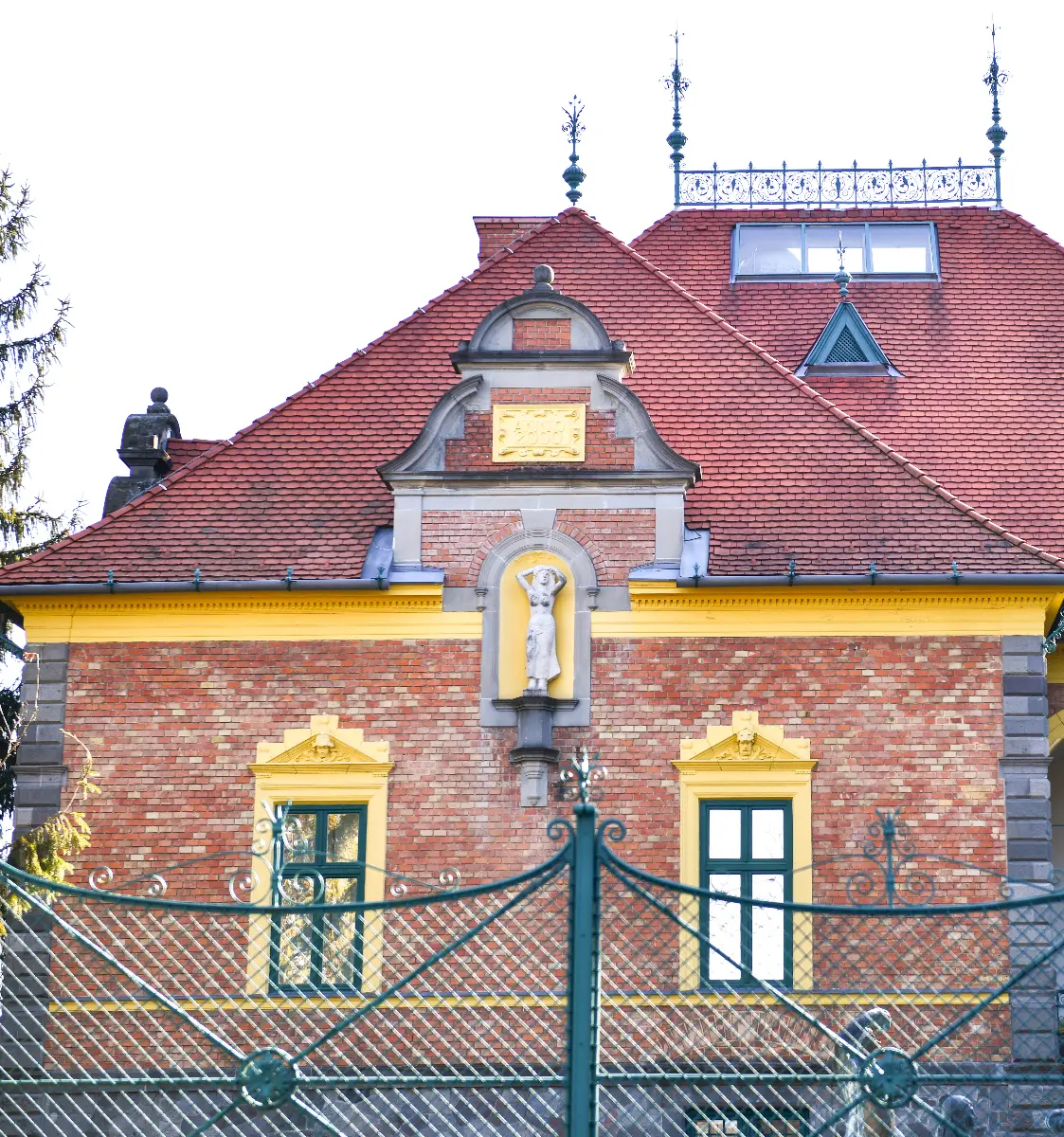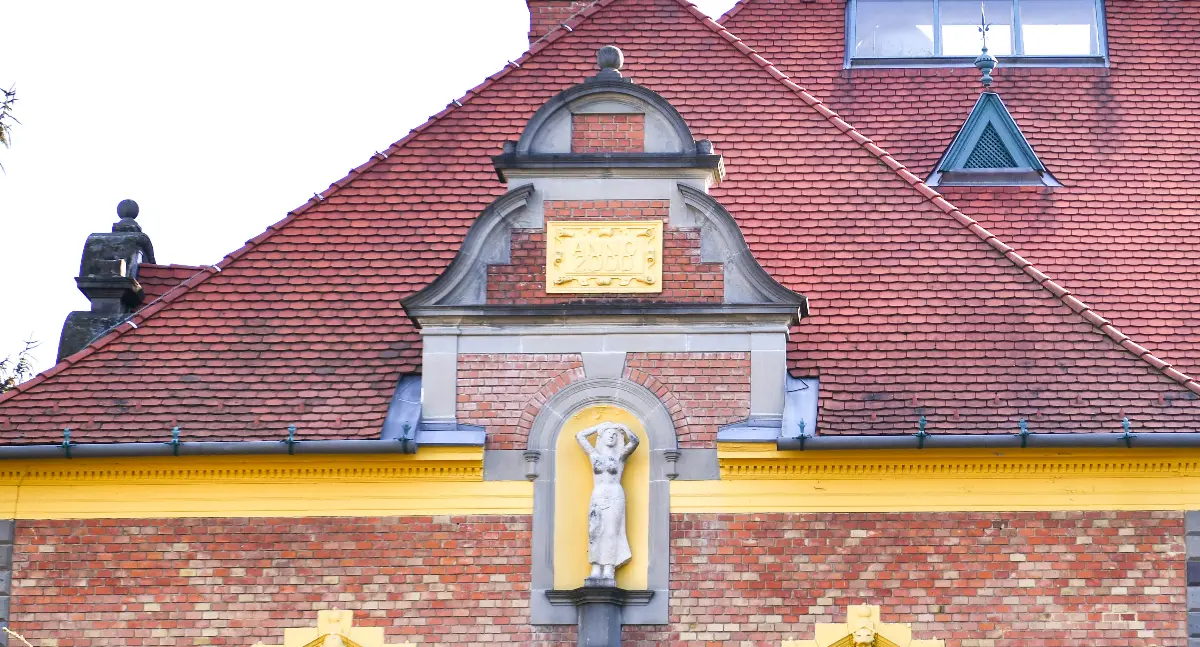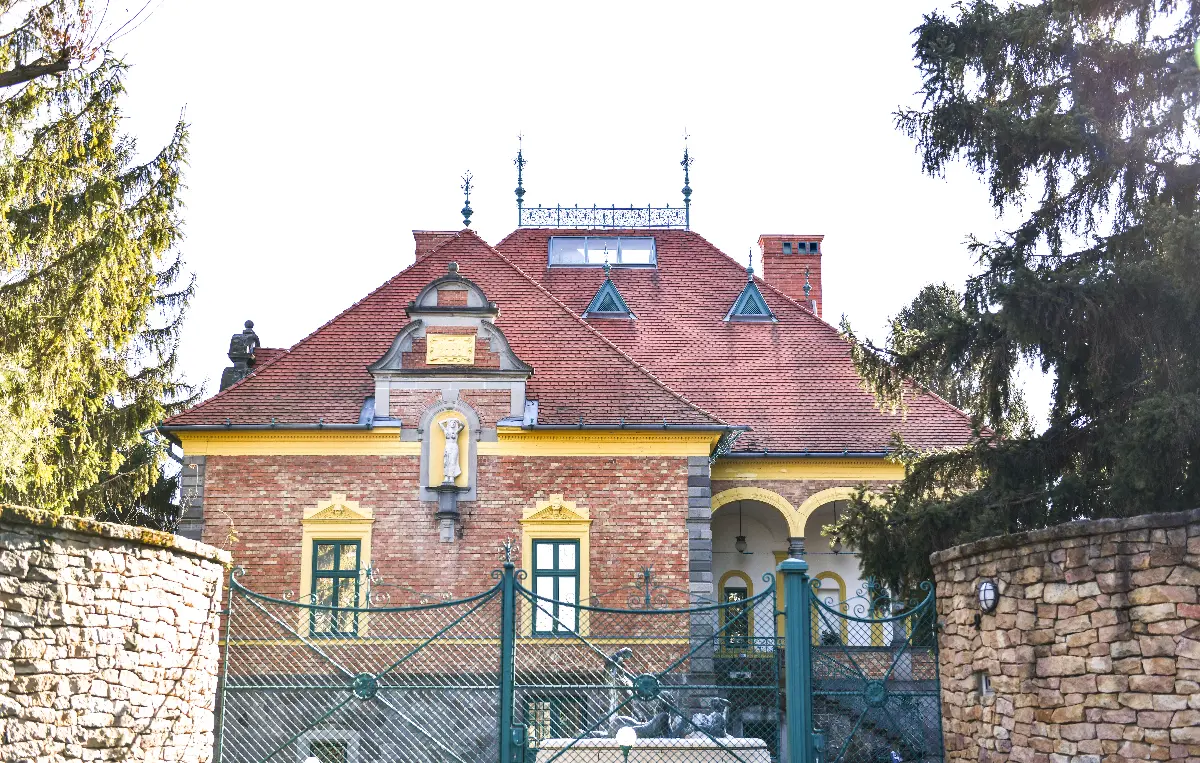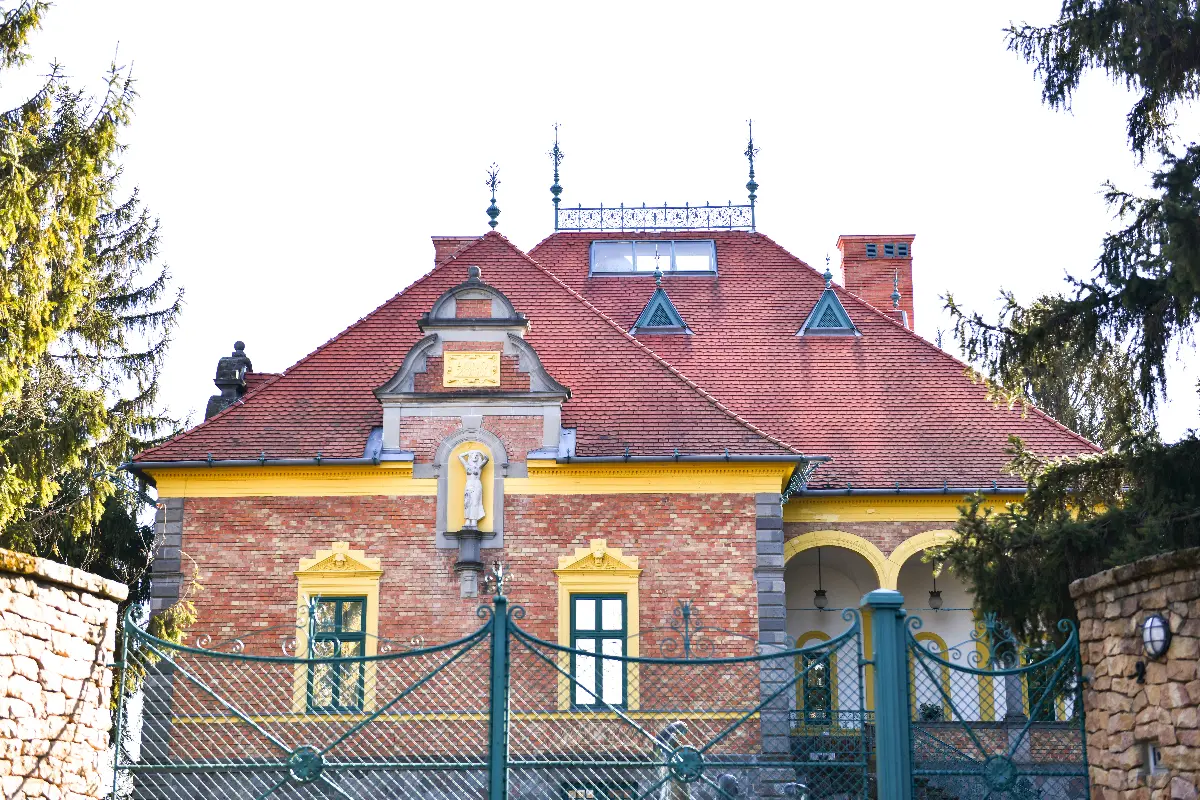
Helyszín címkék:
Verőce: a cheerful stop between Hollywood and the Gulag
DunakanyarGO
Budapest, Berlin, Hollywood, Verőce and the Gulag. If we read these names one after another, we might feel that the life story of Károly Hochstein born in Budapest in 1884 was not ordinary at all. It was not by chance that the Jewish doctor’s son, who loved living, instead of following the paternal example turned to the stage and the company, being a real bohemian. Once he was asked if he wanted to be thin. But he enjoyed being fat and he thought that was how people loved him. He had a point: the smiley face, the gestures, and his positive character made him a popular cabaret performer, and later on a movie star. He became the protagonist of the first Hungarian silent film in 1914, in which his partner was the legendary Gyula Kabos. From 1908 the nickname “Puffy” also used on stage stuck to him, therefore the title of the movie was Puffy Buys Shoes. Entertainment was in his blood: during the First World War he even visited the front lines, though not as a soldier. His weapon was humour which he used to amuse soldiers – he tried to make them forget the horrors of fighting and the trenches. He was the first Hungarian actor to tried his luck in America: burlesque-fever ran high, and Puffy Huszár felt that he should be there too. In 1917 he was already filming oversees, but he tried himself in Germany as well, where he got among the pioneers of cinematography as Karl Huszar. However, Hollywood waited back the Hungarian actor, and for the second time he moved there for five years.

He starred in forty films during his stay in the USA. Besides work, he was always a main driver of social life, his door was always open. As he didn’t like American food, his wife favoured him and his numerous guests with Hungarian dishes. He shared with his guests not only the pörkölt (Hungarian meat stew) and galuska (noodles), but his house as well. When he got tired of life abroad he decided to return to Europe. He showed up in Budapest as well, but he mostly worked in the citadel of continental film industry: Berlin. The experience he gained due to the cabaret and the stage made him possible to star not only in silent films. With the development of technical possibilities after Hollywood talking movies arrived in Europe – the first European talkie was The Blue Angel, in which Puffy Huszár naturally got a part. The German audience loved him and he also had a good time there, however he got more and more upset about Hitler’s rise to power because of his Jewish origins. He decided that it was time to come home to Hungary, and find a home: In 1931 he bought the beautiful Swadló villa overlooking Verőce, and one year later he chose Hungary as his place of residence, and he filled with life the village on the bank of the Danube inhabited by Swabians, Slovaks and Hungarians.

When walking in the town we look up on the ridge, seeing the impressive building it’s easy to imagine what a great company could have gathered there in the past. To the house nicknamed Huszár barrack (huszár means Hussar in English, originally a type of military unit of light cavalry) by the villagers had access the elite of Hungarian cultural life, but also many foreigner friends from the film industry could stay and rest inside the walls and in the huge garden. Puffy came home at the peek of his career and clasped Hungarian art world to his large bosom. Sometimes he went on the stage and he starred in some films as well. His eternal smile started to fade when the persecution of Jews started in Hungary as well. Since crossing the Atlantic Ocean was not safe any more because of the Second World War, avoiding the German submarines he wanted to leave towards east with his wife. He decided to sell everything he could in Verőce, and he entrusted to his friends and his administrator what he couldn’t sell. Their first destination was Tokyo that they wanted to reach by the Trans-Siberian express through the Soviet Union, and then by ship. In 1941 they successfully reached Vladivostok 9289 km away from the Yaroslavsky railway station in Moscow. Unfortunately, in the meantime Hungary got into war with Stalin, and the family didn’t reach the harbour: halfway to Hollywood a forced stop ended his life. The soldiers of the Red Army arrested him, and sent him in the Gulag: he was detained near Karaganda in Kazakhstan, where the miserable conditions, the food shortage and the lack of medical care quickly overcame him.

